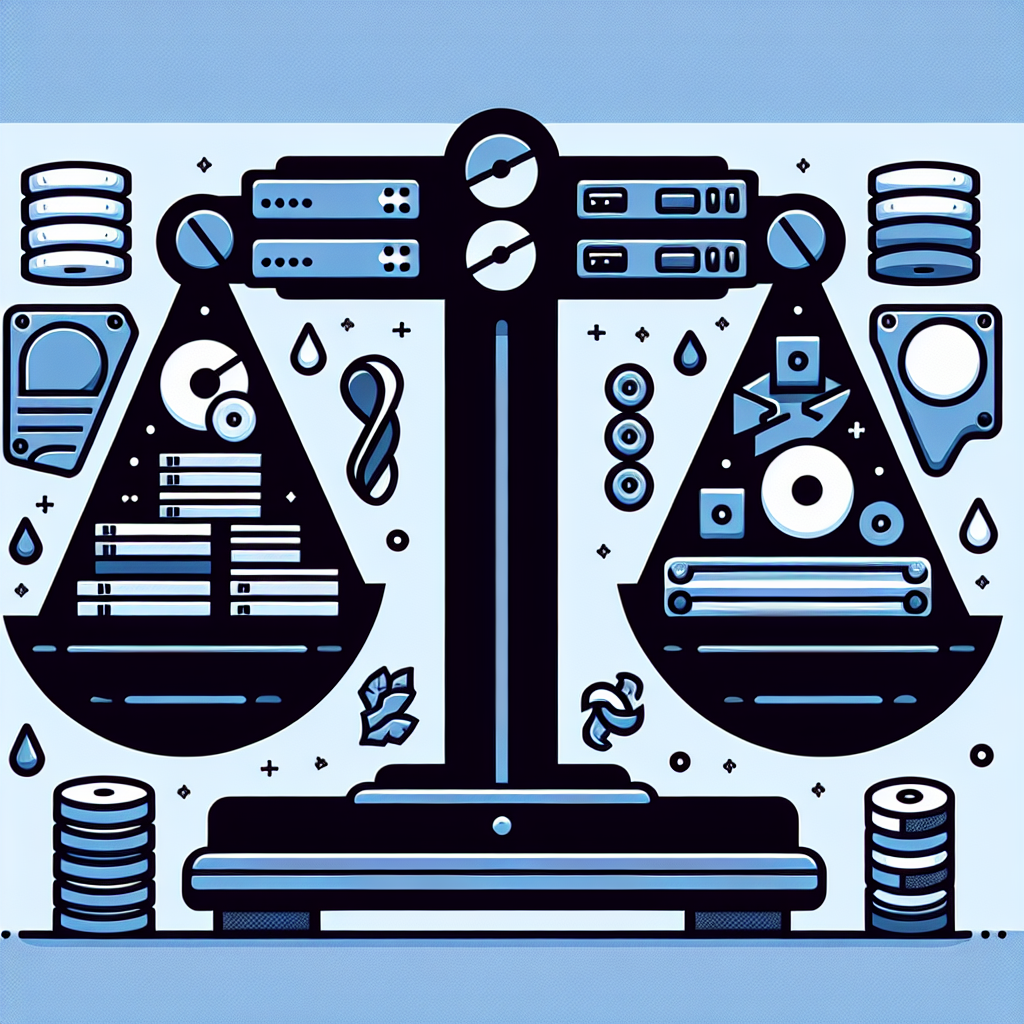Your cart is currently empty!
Comparing Different Types of Data Center Storage Solutions

Data centers are essential for businesses looking to store and manage their digital information and assets. With the increasing amount of data being generated every day, it is crucial for organizations to find efficient and reliable storage solutions that can meet their needs. There are several types of data center storage solutions available in the market, each offering unique features and benefits. In this article, we will compare different types of data center storage solutions to help businesses make an informed decision.
1. Traditional Hard Disk Drives (HDDs):
HDDs have been the go-to storage solution for many years due to their affordability and large storage capacities. They use spinning disks to store data and are suitable for storing large amounts of data that do not require frequent access. However, HDDs are slower compared to newer storage solutions such as solid-state drives (SSDs) and can be less reliable due to their mechanical components.
2. Solid-State Drives (SSDs):
SSDs are a newer type of storage solution that use flash memory to store data. They are much faster than HDDs, making them ideal for applications that require quick access to data. SSDs are also more reliable and durable, as they do not have any moving parts that can fail. However, SSDs are more expensive than HDDs and have smaller storage capacities.
3. Hybrid Storage Solutions:
Hybrid storage solutions combine the benefits of HDDs and SSDs by using both types of storage in one system. This allows businesses to take advantage of the large storage capacities of HDDs while benefiting from the speed and reliability of SSDs. Hybrid storage solutions are a cost-effective option for organizations looking to balance performance and storage capacity.
4. Network-Attached Storage (NAS):
NAS devices are dedicated storage servers that are connected to a network and provide file-based storage services to multiple clients. NAS devices are easy to set up and manage, making them ideal for small to medium-sized businesses. They are also scalable, allowing businesses to add more storage as needed. However, NAS devices may not offer the same performance as direct-attached storage solutions.
5. Storage Area Networks (SANs):
SANs are high-performance storage networks that are separate from the main network and are dedicated to storage. SANs are ideal for businesses that require high-speed access to data and need to support multiple applications and servers. SANs are highly scalable and offer advanced features such as data replication and snapshot capabilities. However, SANs can be complex to set up and manage, requiring specialized knowledge and expertise.
In conclusion, there are several types of data center storage solutions available, each with its own set of features and benefits. Businesses should carefully consider their storage requirements, performance needs, and budget constraints when choosing a storage solution. By comparing different types of storage solutions, businesses can select the solution that best meets their needs and helps them effectively manage their data and assets.

Leave a Reply